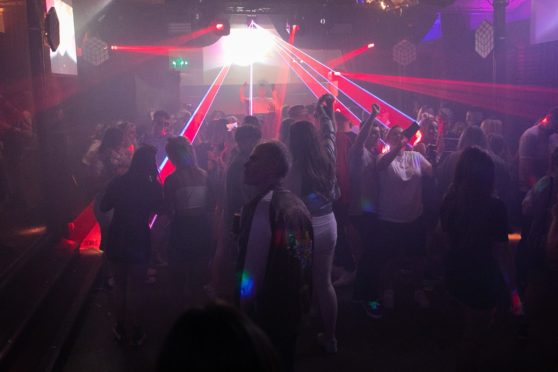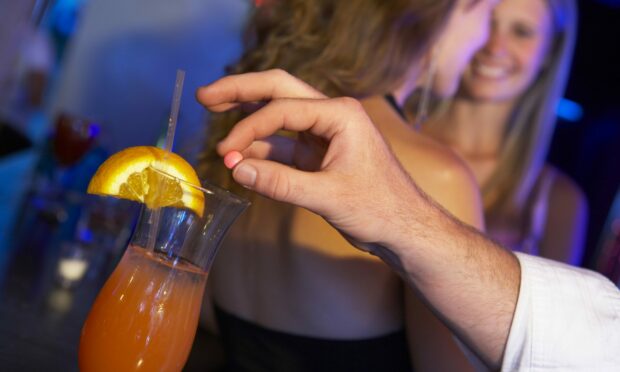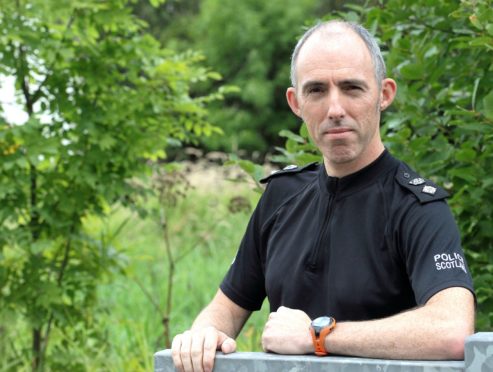A consultant from NHS Grampian has offered advice to the public after a number of people reported being spiked in venues around Aberdeen.
Students and other young people in the city are preparing to boycott nightclubs and bars tonight as part of the national ‘Girls Night In’ campaign, calling for more to be done to ensure they can stay safe when out partying.
The action was organised as the issue of spiking gained UK-wide attention, following a series of viral reports – including several alleged incidents of drugging by injection.
John Mooney, a consultant with the north-east health board, wrote in a social media post that such cases remain “extremely unusual”, as he suggested ways people can make it as difficult as possible for potential spikers to get away with it.
He said: “It remains the case that alcohol is the drug most used to spike drinks, but other substances have been reported.
“Men and women alike are at risk of being spiked.
“Spiking can occur, not just in licensed premises, but also at house parties.
“We all have a part to play in keeping each other safe and reducing the harm caused by alcohol and other drugs; not only by taking sensible precautions on nights out, but also by challenging any suspicious behaviour.
“Whether you know them or not, if you suspect an individual is spiking drinks, call them out on it, or let venue staff know of your concerns.”
Police receive 15 reports of spiking
Yesterday, Chief Superintendent George Macdonald of the north-east police division revealed 15 people had reported being spiked in Aberdeen nightclubs and pubs since the beginning of September.
However, he did not confirm whether anybody had been arrested, saying “inquiries are ongoing in relation to all 15” but such investigations are “complex”.
The reports include an Arbroath woman who claimed to have been spiked by injection at Alford Place nightclub Babylon in a widely shared tweet.
Another involved an Aberdeen University student named Emma, who spoke to the media earlier this month and who has now started a course of treatment to prevent her from developing Hepatitis B.
Mr Mooney added: “There has been a great deal of coverage of incidents of spiking by injection.
“Generally speaking, most people will feel the pain of a needle, even if under the influence of alcohol or other substances.
“Injecting someone with enough drugs to incapacitate them would likely take between 15-20 seconds, long enough for an individual to realise what is happening.
“I would like to remind everyone, that it is extremely rare to contract HIV or Hepatitis from a needle stick injury.”
The Facebook post advises anyone who believes they may have had contact with bodily fluids containing HIV or Hepatitis to seek help as soon as possible by calling 111, visiting an emergency department or contacting Grampian Sexual Health.
Advice to stay safe on nights out
NHS Grampian also offered some tips for people going out to clubs, pubs, bars and house parties ahead of the festive season, to help them stay safe:
- Monitor your alcohol intake and stay in control
- Stay together with friends
- Have plans for getting out/home
- Make sure your phone is charged
If you think you or a friend have been spiked:
- Speak to a member of staff at the venue as soon as you can – they want you to be safe and should be trained to help
- Stay with them, keep talking to them and reassuring them that you’re getting help
- Encourage them to avoid taking any more drugs including alcohol
- Prevent them from leaving the venue alone or with anyone you don’t trust and who can’t prove they know them well
- Report the incident to Police Scotland


